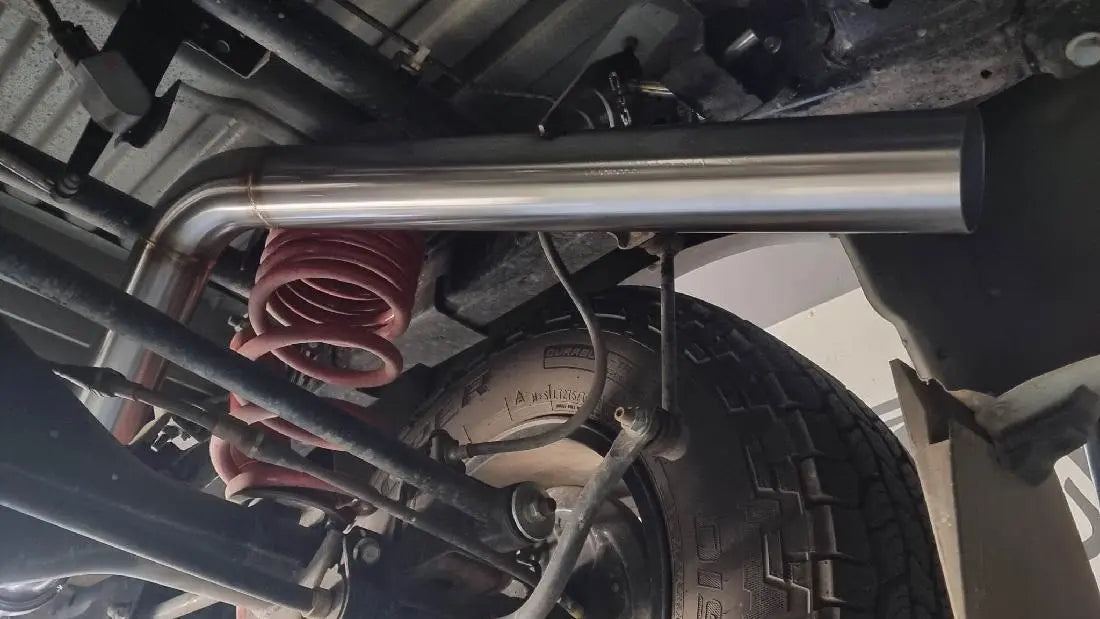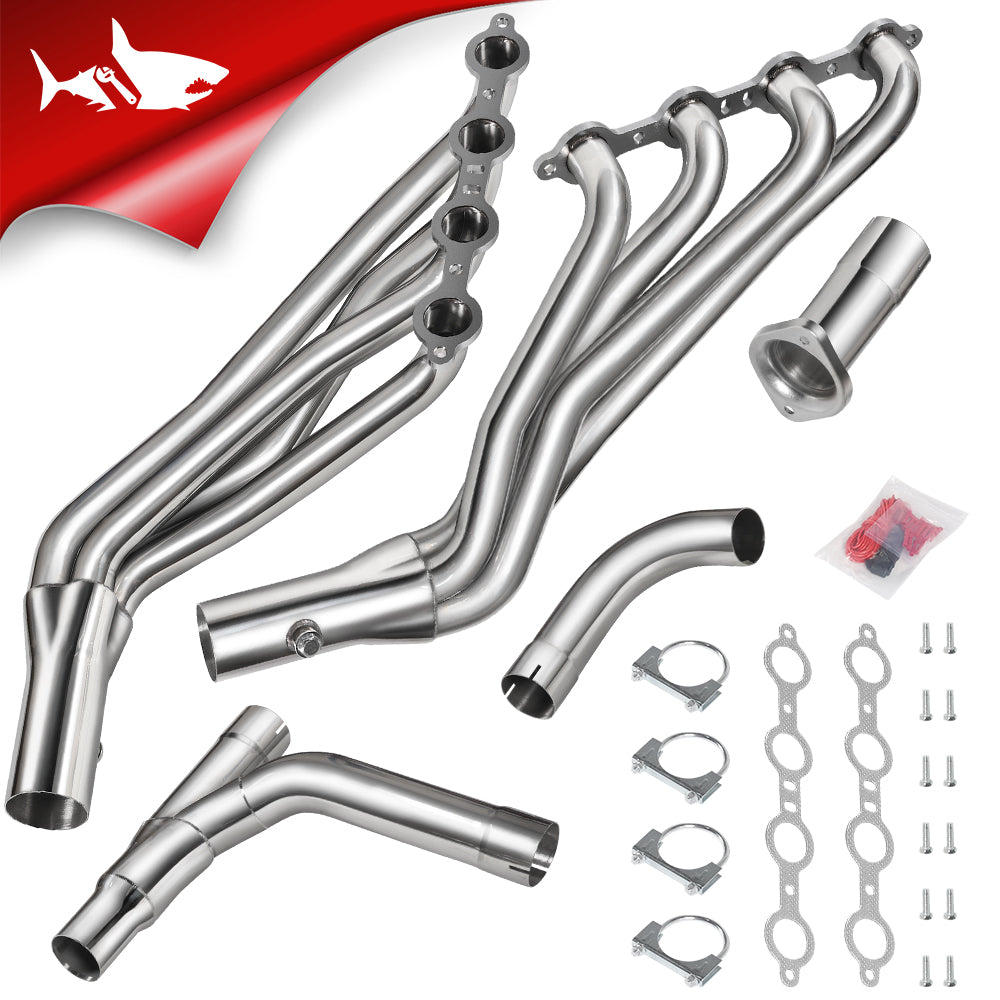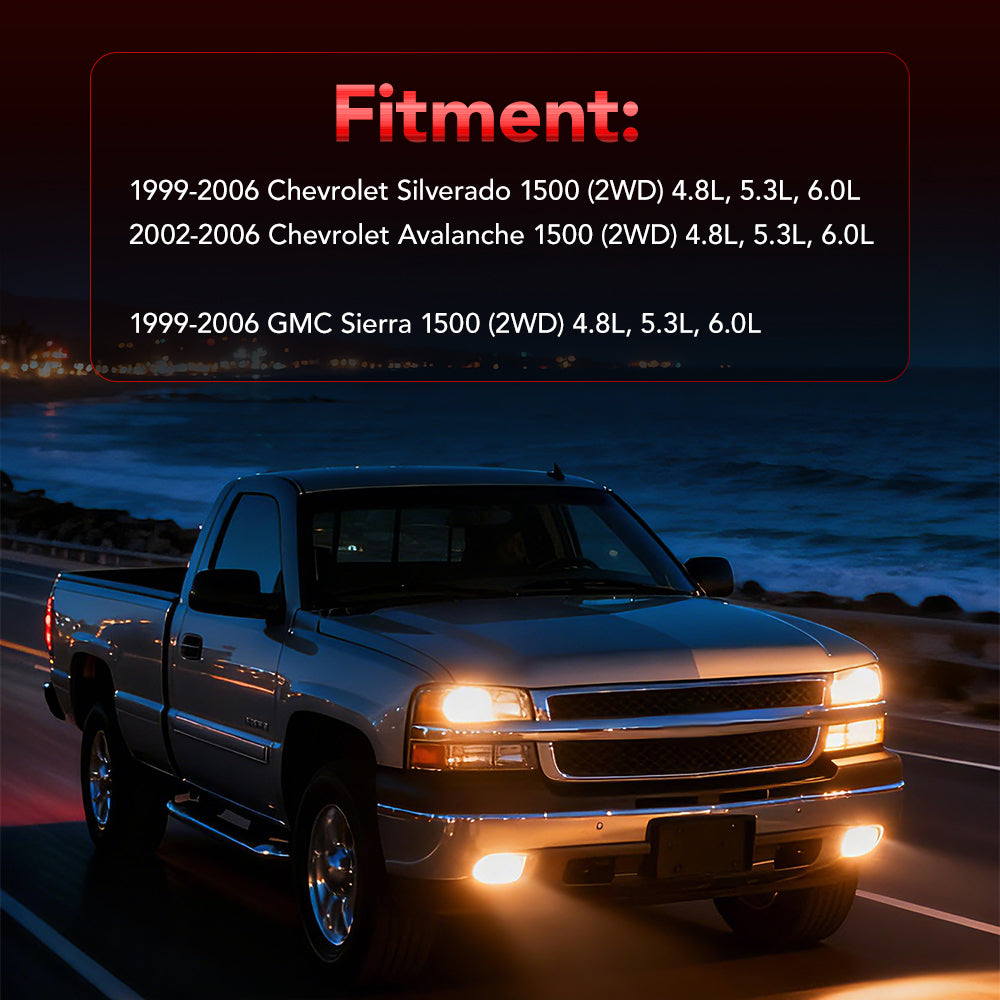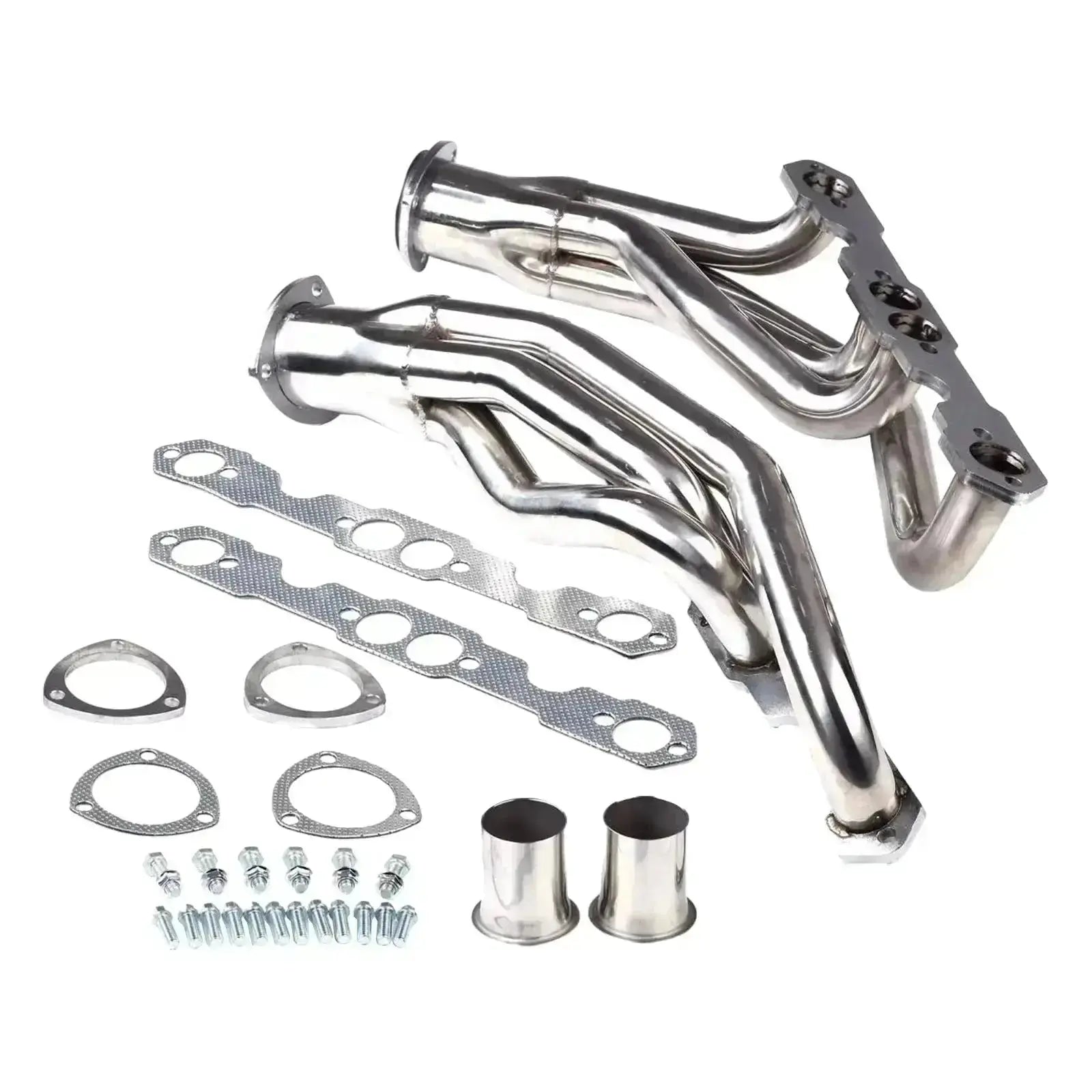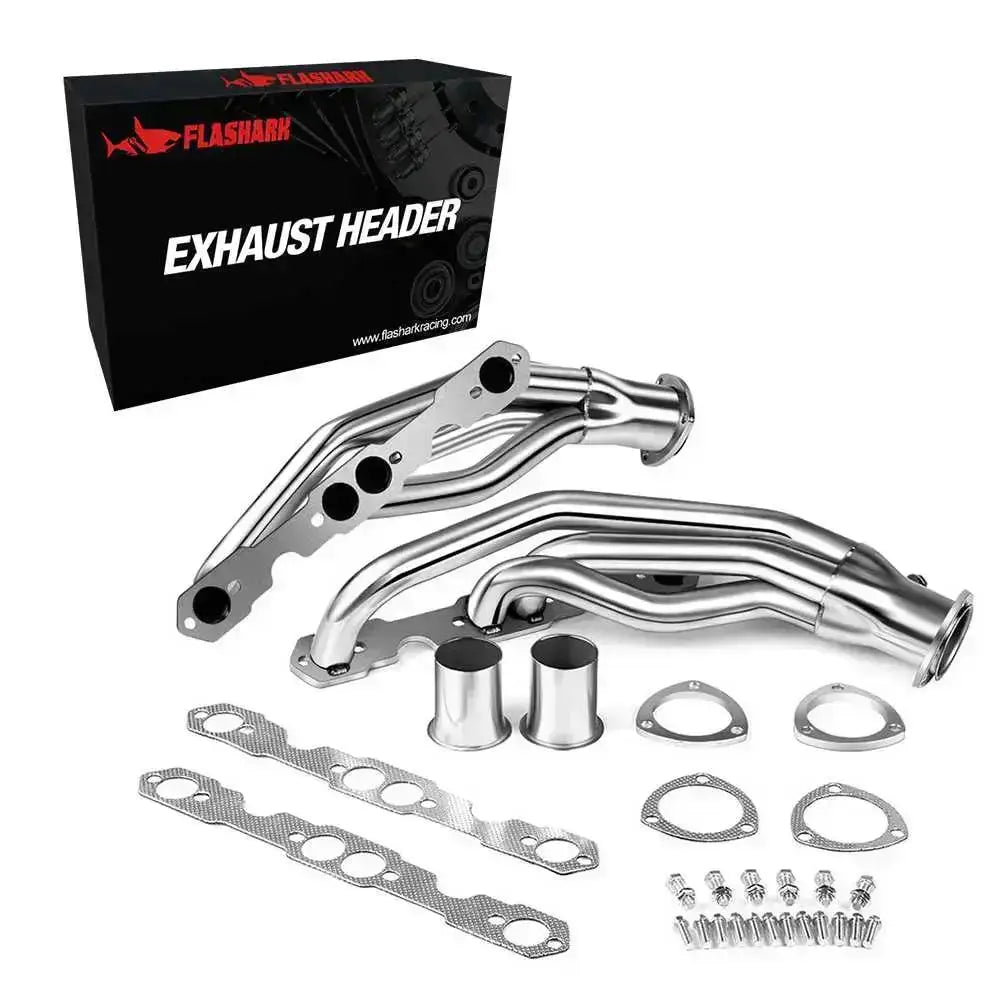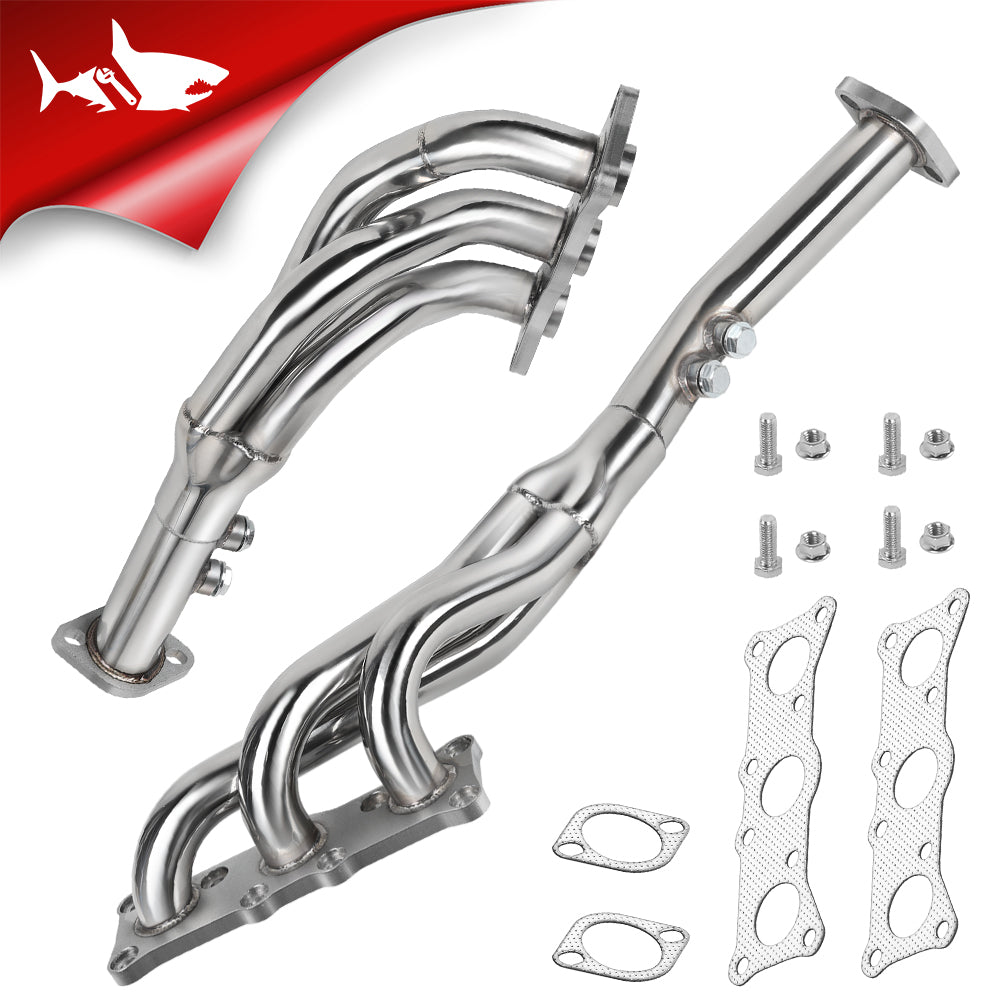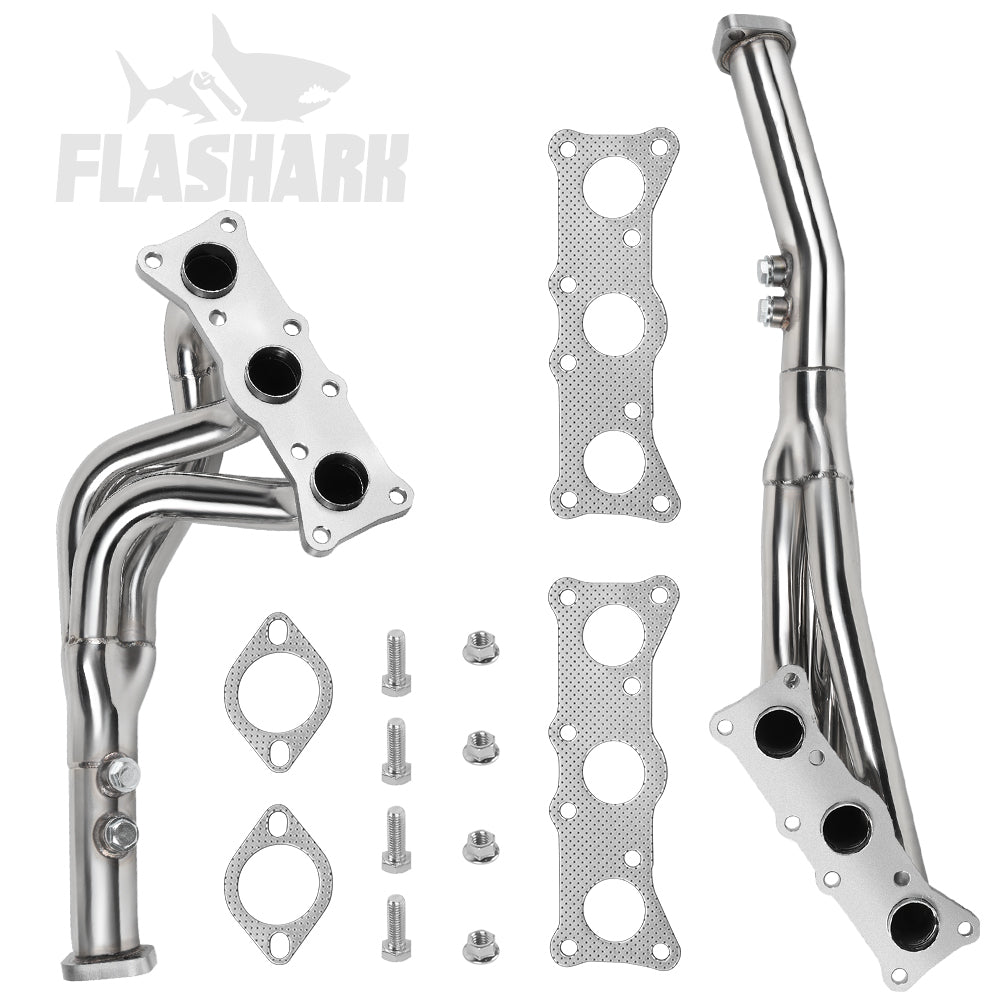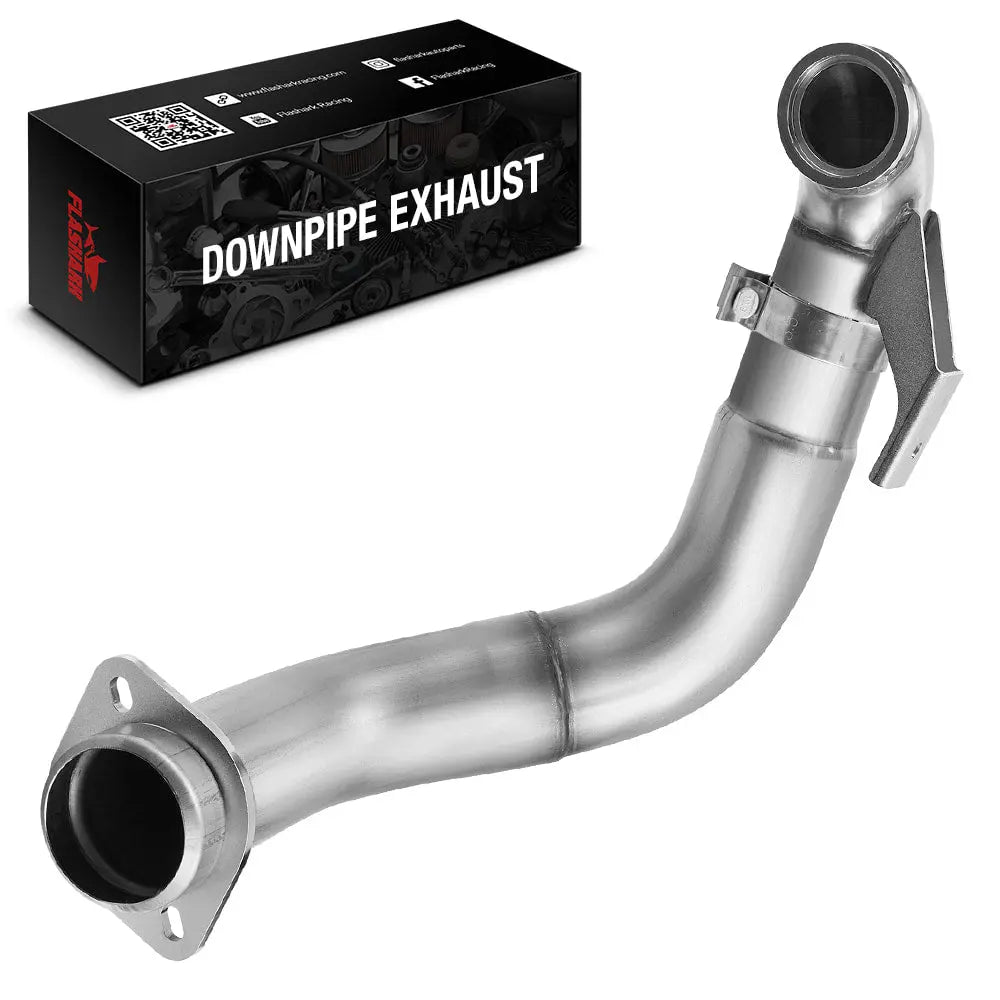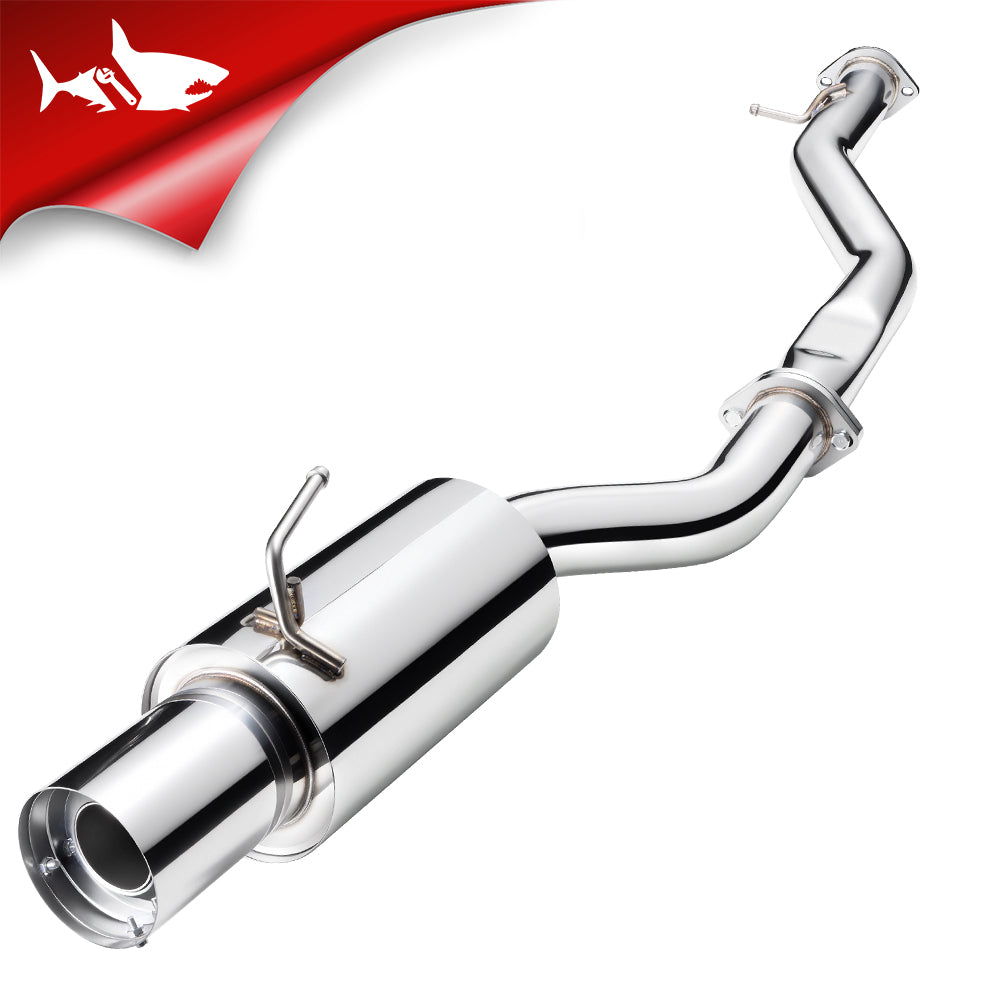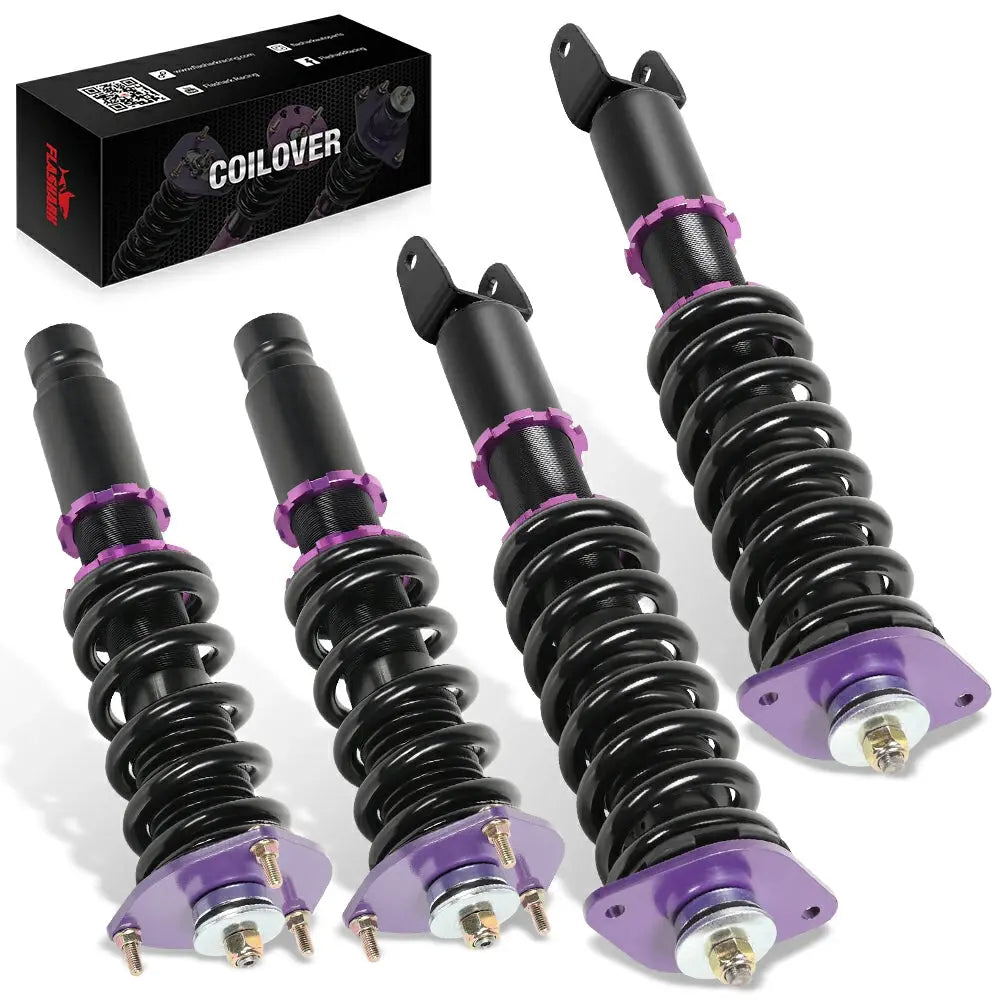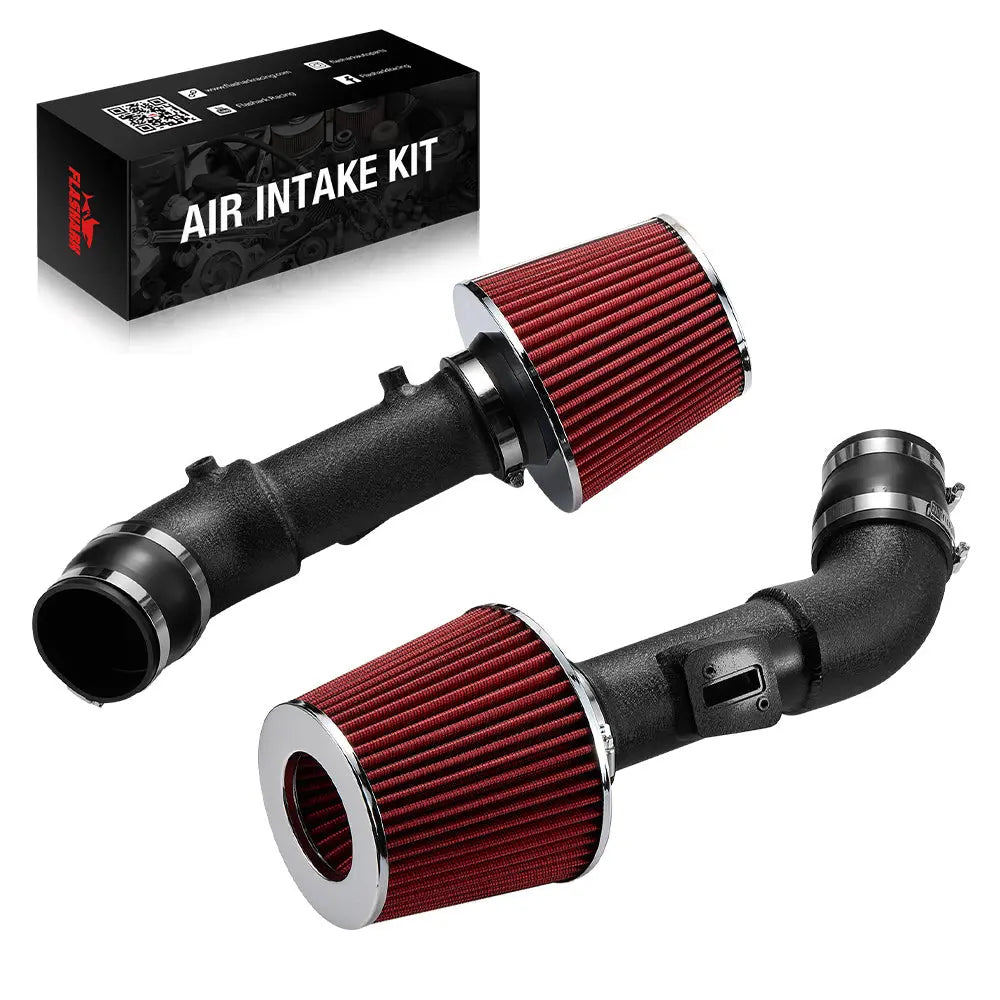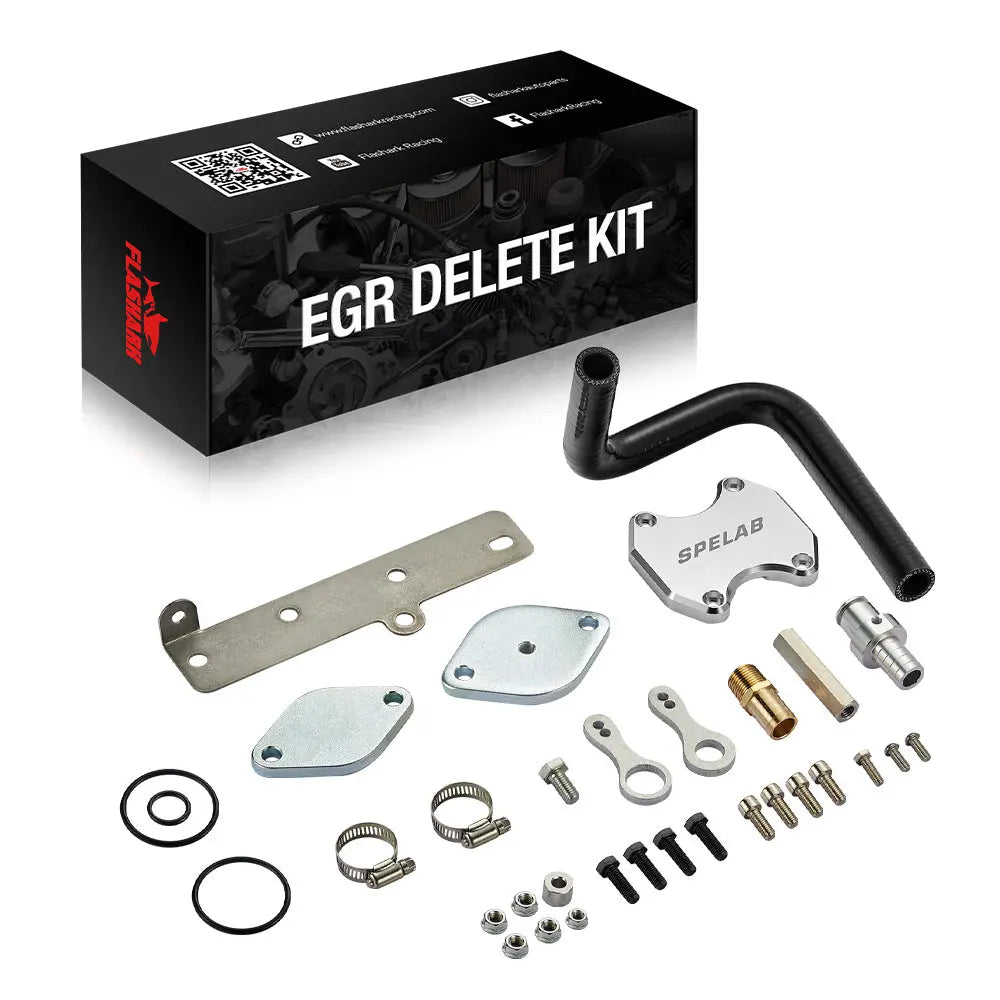A deleted truck isn't your everyday vehicle. It's a truck that has had its emission control systems like the Diesel Particulate Filter (DPF), Selective Catalytic Reduction (SCR), and Exhaust Gas Recirculation (EGR) systems removed or bypassed. Owners often choose to delete these systems for increased performance or reduced maintenance costs, but it's a choice that comes with significant legal and environmental implications.
The Legal Status of Deleted Trucks
Driving a deleted truck puts you on the wrong side of the Clean Air Act. This federal law strictly prohibits tampering with emission control systems. It's a serious legal issue, not just a technicality.
States can add their own twist to the rules. Some might be stricter than others, but none take kindly to emissions tampering. The consequences can be severe, ranging from hefty fines to more serious legal actions.
You might think it's just a matter of removing a part, but it's actually a direct challenge to environmental laws. Owning a deleted truck isn't just a personal choice; it's a legal hazard.

Financial Implications of Truck Deletion
Deleting a truck isn't cheap. The initial modification costs can be steep, easily running into thousands of dollars. These expenses vary based on the truck's make and model.
There's more than just the upfront cost. Getting caught with a Deleted DPF Pipe can lead to significant fines. These fines aren't fixed; they can escalate quickly depending on the nature of the violation.
And there's a hidden cost too. Deleting a truck can drastically reduce its resale value. Dealerships and buyers are wary of legal issues, making it harder to sell or trade the truck later.
Potential Fines and Penalties
The cost of using a DPF delete kit can go beyond the initial investment. Regulatory bodies don't take kindly to emission system tampering. The fines for this can be hefty, sometimes reaching thousands of dollars.
The severity of these fines often depends on the extent of the modifications and the jurisdiction. In some cases, fines for individuals can be a few hundred dollars, but for businesses, they can skyrocket into the tens of thousands.
Repeat offenders face even harsher penalties. It's not uncommon for continued violations to lead to vehicle impoundment or even suspension of operating licenses. It's a high price to pay for a bit of extra performance.
Risks During Inspections and Emissions Testing
When a deleted truck goes for emissions testing, it's like walking into a trap. These trucks often fail tests because their modified systems can't meet legal emission standards. This failure isn't just a minor inconvenience. It can lead to hefty fines and sometimes, the authorities impound the vehicle.
Fixing a truck to pass these tests isn't a quick or cheap fix. DPF Delete Pipe often means undoing the deletion, which can be as expensive, if not more, than the original modification. This puts the owner in a tough spot, facing a costly repair to make the truck legally compliant again.

Warranty and Insurance Challenges
Using a DPF Delete Kit can void your truck's warranty. Manufacturers often won't cover repairs on a vehicle that's been tampered with. This leaves owners bearing the full cost of any future repairs.
Insurance companies are also wary of modified vehicles. They may deny claims or hike up premiums for trucks with deleted emission systems. In some cases, they might even refuse coverage altogether.
Resale Value and Marketability Concerns
Deleting a truck's emission system can tank its resale value. Buyers and dealerships are cautious about legal issues linked with such trucks. They often steer clear of these vehicles, reducing the pool of potential buyers.
This limited marketability means sellers might have to settle for a lower price than expected. It's a tough spot, especially after investing in modifications.
Legal Repercussions Beyond Fines
Owning a deleted truck can lead you into serious legal troubles beyond just fines. If caught, you could find yourself entangled in litigation. Legal battles are not only costly but also time-consuming and stressful.
In extreme cases, these legal issues could even lead to imprisonment. This is particularly true if there's evidence of repeated or willful violations of environmental laws. Remember, tampering with emissions systems is a federal offense.
Therefore, the risks associated with owning a deleted DPF Delete Pipe extend far beyond the financial. They can impact your freedom and your future. It's a decision that requires careful consideration of all potential outcomes.

Alternatives to Truck Deletion
For truck owners seeking performance boosts, there are legal and safer alternatives to consider. Performance tuning, for instance, is a great way to enhance power without tampering with emission systems. It's all about optimizing what's already there.
Another solid option is investing in aftermarket exhausts. These can improve engine efficiency and are made to keep emissions in check. It's a win-win for performance and compliance.
Regular maintenance of emission control systems also plays a vital role. It keeps your truck running efficiently and within legal standards. It's about taking care of what you have, ensuring it performs at its best.
Conclusion
Owning a truck with deleted emissions systems carries substantial legal and financial risks. Owners face potential hefty fines, reduced resale value, and legal issues. Safer, legal options like performance tuning and aftermarket exhausts are available for enhancing truck performance.
If you want to know more about this topic, we have found more blogs and forum posts here, you can check it out yourself.
👉What Happens When You Get Caught with a Deleted Truck? Shocking!
👉Has Anybody Actually Been Fined for Driving a Deleted (EGR/DPF) 6.7 on the Road?

